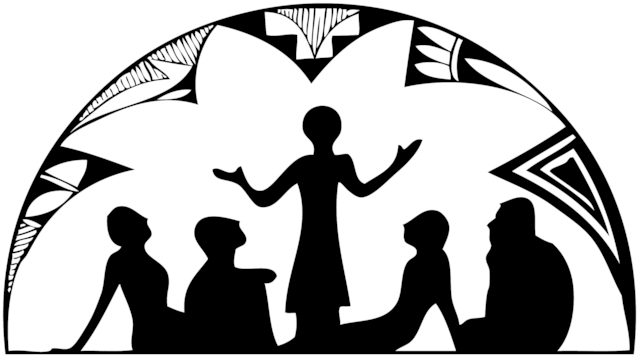Culture Shock: The Keepers Of Stories
Wordcraft Circle Celebrates And Promotes Indigenous Writing And Storytelling


wordcraftcircle.org
Latest Article|September 3, 2020|Free
::Making Grown Men Cry Since 1992


wordcraftcircle.org


